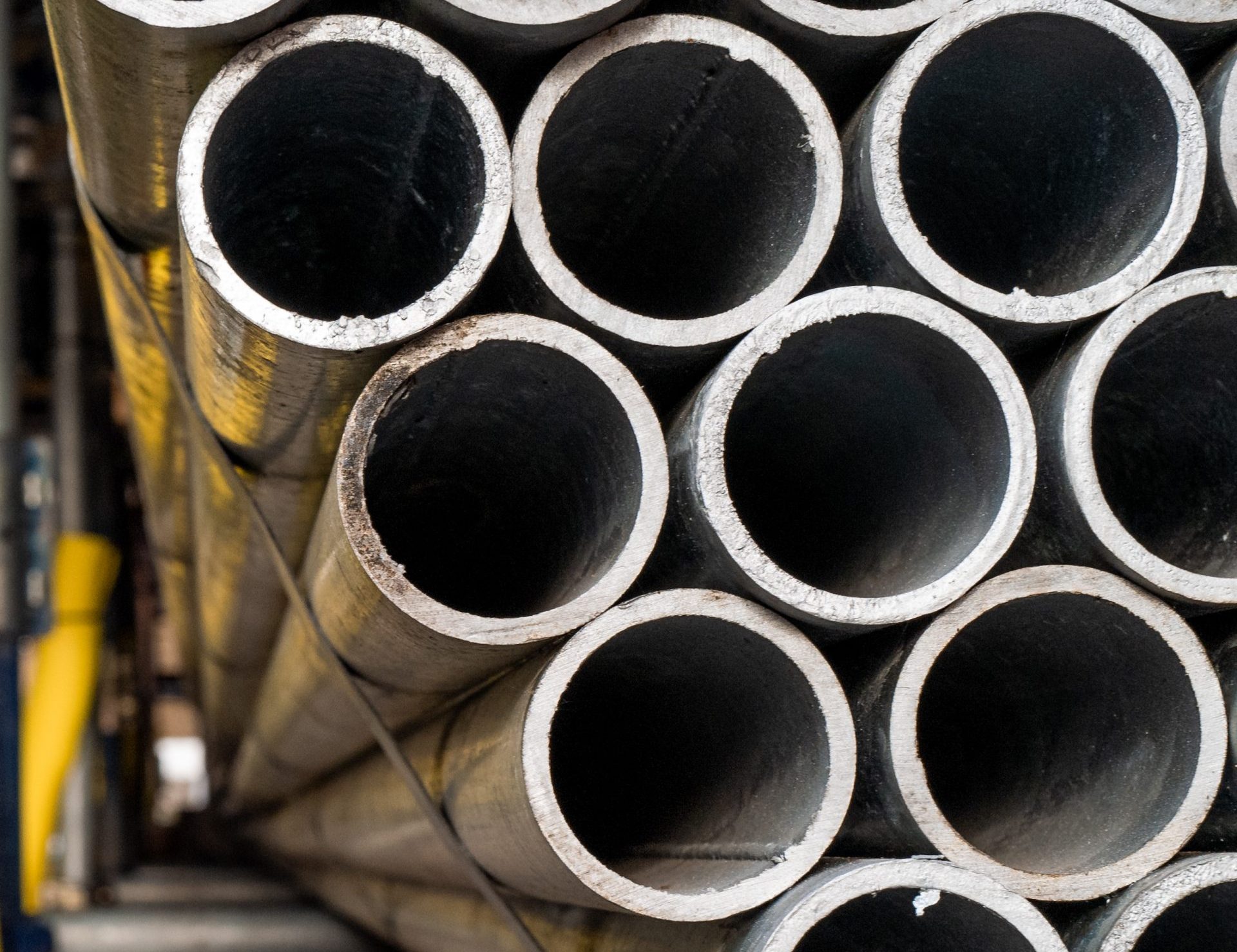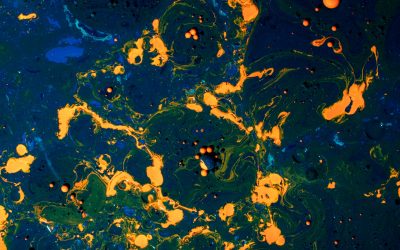|
The European Union has started banning consumer products from the market which contain lead for some time now – for a reason. Lead is a heavy metal that is classified as toxic to reproduction. In addition, it can lead to various other health problems such as disorders of the nervous system, liver or kidney [1]. However, in addition to the private sector, lead continues to be used in the industry. There are several drivers for the continued usage of lead. For example, it is used to improve machinability in free-cutting steels [2], as a chip breaker and solid lubricant in copper alloys [3], or to reduce the melting temperature of solders [4]. Nevertheless, the substitution of lead is increasingly being aimed for in many areas of application. This is also a result of three EU regulations which include restrictions and obligations concerning the usage of lead.
REACH, WFD and RoHSThe REACH regulation [5] (Registration, Evaluation, Authorization and Restriction of Chemicals) defines a list of hazardous substances (including lead) which must be reported by companies if used in their products. Since 2006, there is an obligation to provide this information to customers, and since January 5th 2021 a declaration must also be submitted to the ECHA (European Chemicals Agency). This was brought to law by another regulation, the Waste Framework Directive [6] (WFD), and a central database was set up for this purpose. These two regulations do not completely ban the use of lead, but since their implementation the use of lead is associated with increased effort and thus indirectly higher costs for companies. The RoHS Regulation [7] (restriction of the use of certain hazardous substances in electrical and electronic equipment) regulates the use of currently 10 critical substances (including lead) in electronic products. In contrast to REACH and WFD, RoHS prohibits the use of the defined substances in products. However, there are a number of exceptions that still allow the use of these substances in certain areas of application. This is primarily intended to give companies the opportunity to find alternatives if there is not yet an adequate technical possibility for substitution. This is also the reason why a large number of these exemptions are only granted for a certain period of time. After that, an extension must be applied for. |

Substitution within the companyEven if exceptions for the application in one’s own company still exist, it is foreseeable that a substitution of lead will be unavoidable in the medium to long term. However, this will have far-reaching effects on various areas of the company, including adjustments to the manufacturing infrastructure. In order to implement such a change effectively and efficiently, professional change management is required. A systematic change process is one of the mandatory disciplines of every manufacturing company. The ability to implement technical changes to products and means of production in a professional and streamlined manner is a decisive success factor for quality and innovative capability in a market environment characterized by change.
|



